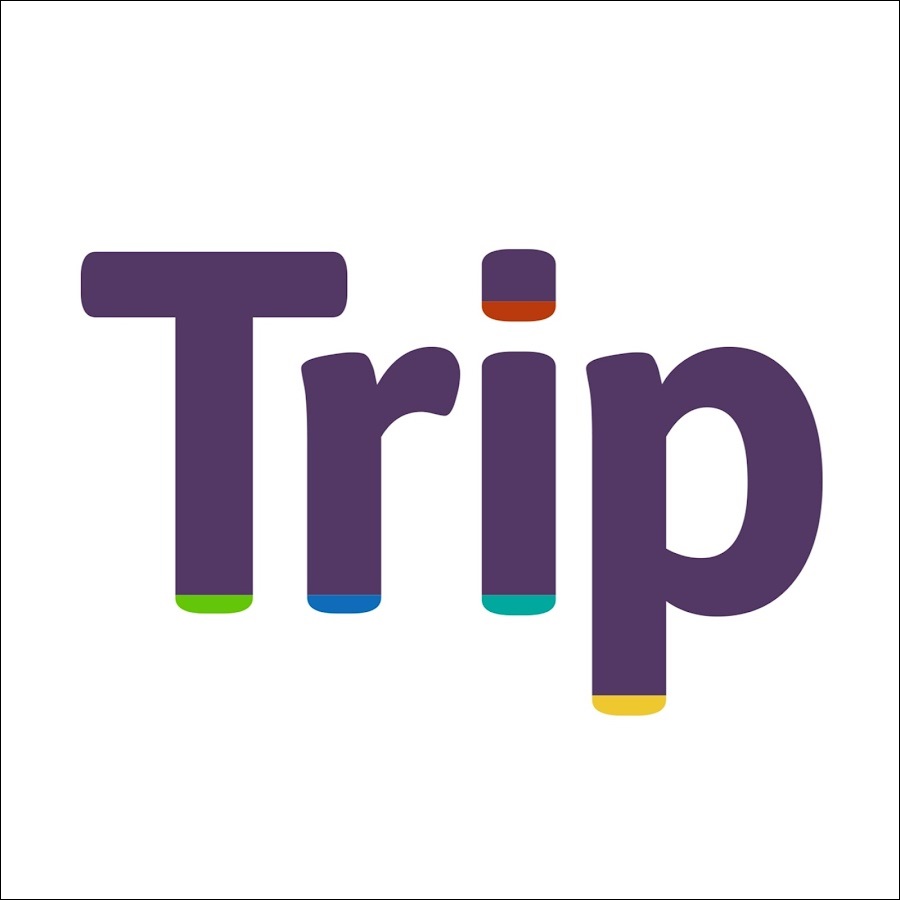
You can access these in several different ways:
Guide index
 CICM > CICM Library > Databases & collections
CICM > CICM Library > Databases & collections
How to access e-resources
 Your CICM Member Portal Username and Password is required to access ANZCA Library e-resources. Please ensure that you use the CICM Members Portal login (scroll down) and not the MDP Login.
Your CICM Member Portal Username and Password is required to access ANZCA Library e-resources. Please ensure that you use the CICM Members Portal login (scroll down) and not the MDP Login.
 Having trouble logging into e-resources? Try emptying your browser cache, closing and reopening your browser, and trying again.
Having trouble logging into e-resources? Try emptying your browser cache, closing and reopening your browser, and trying again.
 Forgotten your CICM Member Portal password? Try resetting your password
Forgotten your CICM Member Portal password? Try resetting your password
 Want to make recommend-ations, report issues, or to give general feedback? Contact CICM
Want to make recommend-ations, report issues, or to give general feedback? Contact CICM
 Journals/articles access issues: There is currently a widespread issue impacting numerous CICM journal/article resource links. Many journal/article links are failing to resolve properly during authentication, causing jumpstart errors.
Journals/articles access issues: There is currently a widespread issue impacting numerous CICM journal/article resource links. Many journal/article links are failing to resolve properly during authentication, causing jumpstart errors.
If a link fails to resolve properly during authentication, close the newly opened tab and click the original link again.

 There is an ongoing issue with McGraw-Hill e-book collections, where some users are not being recognised as CICM users when authenticating within the IP range of another institution that also subscribes to MGH e-books. This results in the user being improperly authenticated and being unable to access some titles.
There is an ongoing issue with McGraw-Hill e-book collections, where some users are not being recognised as CICM users when authenticating within the IP range of another institution that also subscribes to MGH e-books. This results in the user being improperly authenticated and being unable to access some titles.
Access to the above collections should be unaffected when authenticated outside the IP range of the affected institutions. This includes access from home and access from a mobile device using 4/5G (and not the institutions' Wi-Fi). Users with a pre-existing MyAccess login, can sign out of the affected collections, and sign in using their MyAccess credentials.
Creating a MyAccess account:
 ANZCA users requiring urgent access can submit chapter request/s via the Request an article service.
ANZCA users requiring urgent access can submit chapter request/s via the Request an article service.



Looking for help? Browse webinars, user guides and short training videos to find the resource you need to get the most out of the Cochrane Library.
Cochrane podcasts deliver the latest Cochrane evidence in audio format, allowing you to stay up-to-date on newly-published reviews wherever you are.

Database syntax for searching
Flinders University library have produced a database syntax guide to assist with the searching of most major databases.


 There is an ongoing issue with Ovid Medline link when logging in. If the link fails to resolve properly after authentication, close the newly opened tab and click the above link again.
There is an ongoing issue with Ovid Medline link when logging in. If the link fails to resolve properly after authentication, close the newly opened tab and click the above link again.


 Some users are experiencing issues trying to access the updated Therapeutic Guidelines website. If content fails to appear after a few minutes, then please click your browser "refresh" button. We also recommend clearing your cache and trying if that fails to resolve the issue.
Some users are experiencing issues trying to access the updated Therapeutic Guidelines website. If content fails to appear after a few minutes, then please click your browser "refresh" button. We also recommend clearing your cache and trying if that fails to resolve the issue.
